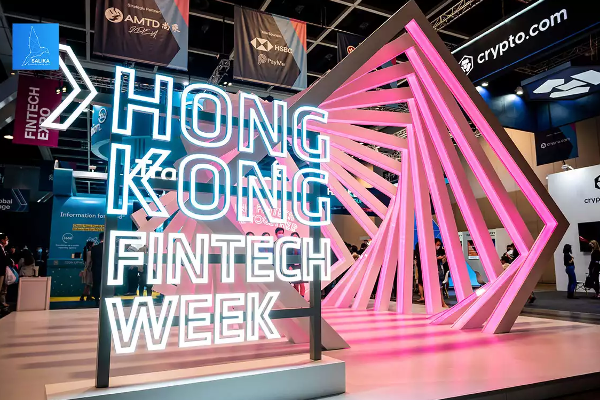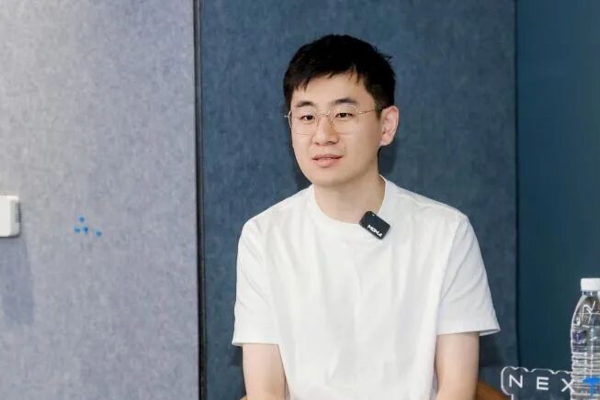SEC Chairman: Considering “Innovation Exemptions” to Promote Tokenized Securities

Paul Atkins, chairman of the U.S. Securities and Exchange Commission (SEC), said the SEC is considering establishing an "Innovation Exemption" mechanism to encourage the market to promote the development of asset tokenization under the existing regulatory framework.
This statement came after the U.S. House of Representatives passed the historic "Stablecoin Act" earlier this week, and the market's regulatory expectations for digital assets are gradually becoming clearer.
Atkins pointed out at the press conference: "SEC staff are studying further flexible mechanisms that can support the development of the tokenized ecosystem under the current rule system. This includes a potential "innovation exemption" to allow new trading methods and support the construction of core links in the tokenized securities ecosystem through more targeted exemptions."
He emphasized that the exemption mechanism may cover key processes such as the issuance, custody, and clearing of digital securities, clearing compliance barriers for the application of blockchain technology in traditional capital markets.
Background: Stablecoin legislation promotes the tokenization process
Previously, the "GENIUS Stablecoin Act" passed by the U.S. House of Representatives was regarded as one of the important milestones in the regulation of digital assets in the United States, providing a clear regulatory path for stablecoins and sending a signal of federal support for the construction of crypto financial infrastructure.
The integration of stablecoins and tokenized securities will become an important intersection of capital market innovation, and the SEC's consideration of the "innovation exemption" is an attempt by regulators to strike a balance between compliance and innovation. If the "innovation exemption" is officially introduced, it may provide development space for new digital financial institutions including RWA (real world asset) platforms and security token exchanges (STOs), and promote Wall Street into the blockchain era.









